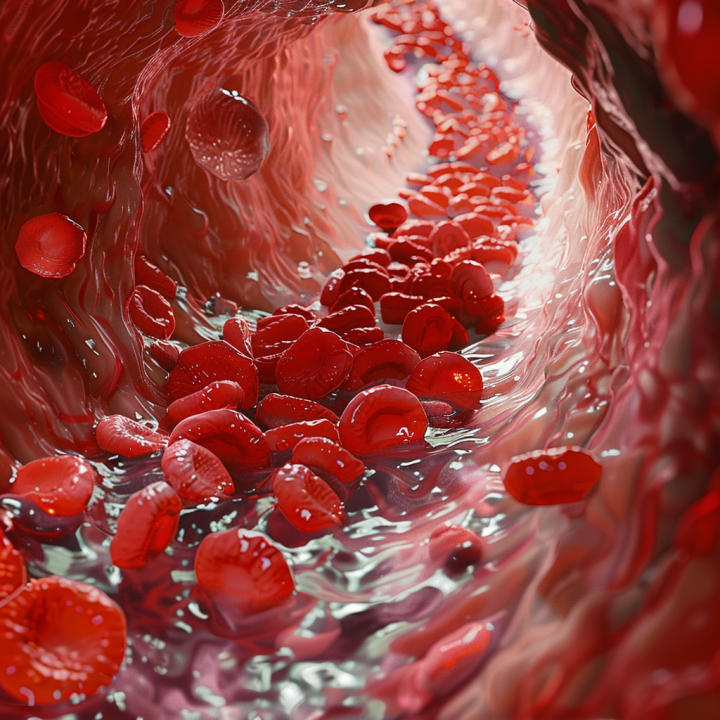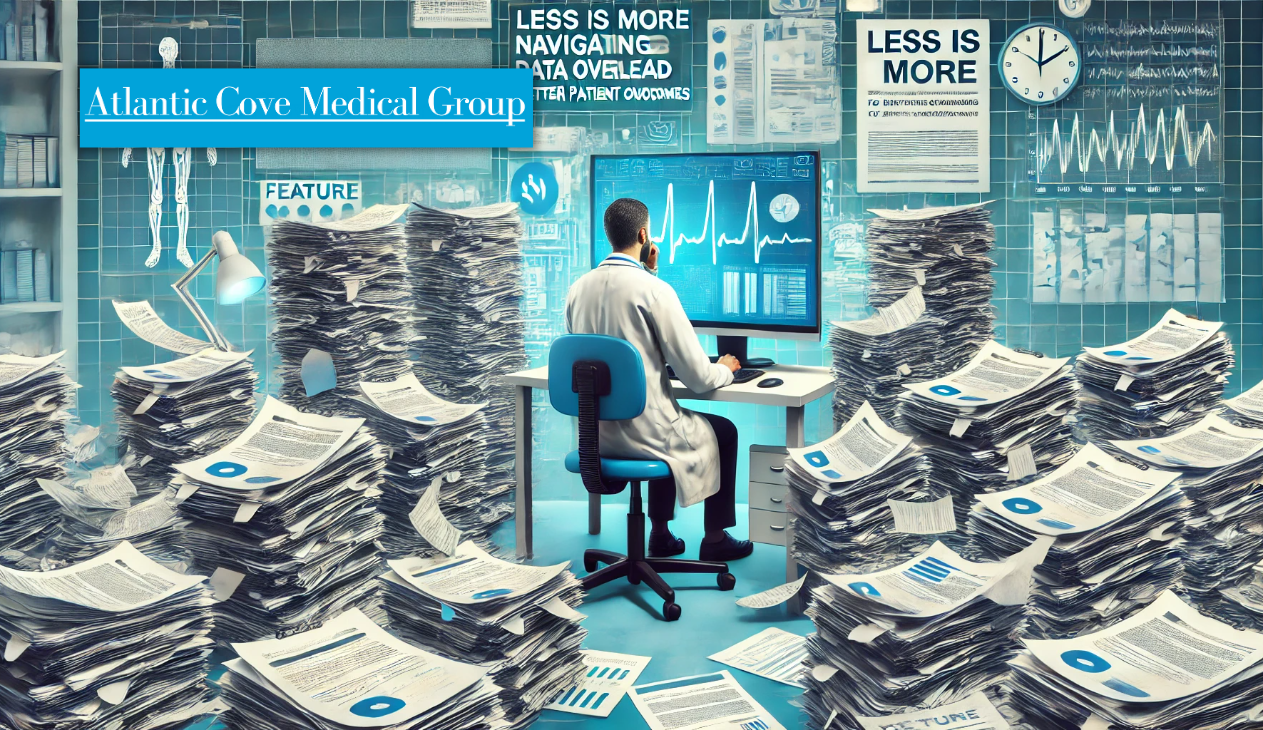Dr. Collins Ezeuka Talks About Embracing Technology in Healthcare and Breakthrough Weight Loss Medications
In a landscape where the demographic of patients is ever-evolving, healthcare is making significant strides to adapt and evolve in tandem. A closer look into this adaptation reveals a holistic embrace of technology, as noted by Dr. Collins Ezeuka. Dr. Ezeuka's insights shed light on the ways in which healthcare providers are harnessing the power of technology to enhance the quality of patient care, a reflection of our times wherein young, middle-aged, and older patients are adept at integrating technology into their daily lives.
Dr. Ezeuka articulates, "In 2024— young, middle-aged, and older patients alike, are collectively adept at leveraging technology— to successfully coordinate their day-to-day lives. As such, healthcare as an industry— has pivoted in the direction of fully embracing technology, as a mechanism to engender increased quality of care— for a changing patient demographic that seamlessly incorporates technology into their daily routines." This transition is vividly illustrated through the decline of paper charts in physicians' offices and hospitals, making way for the universality of Electronic Medical Records (EMR).
Moreover, the symbiotic relationship between technology and healthcare is further demonstrated through the use of patient portals by physicians' offices, and text message prescription updates sent by pharmacies to patients. These advancements not only streamline healthcare management but also enrich the patient's experience while seeking care.
Among the cutting-edge technologies revolutionizing patient care is Dexcom’s Stelo Glucose Biosensor System, a notable mention by Dr. Ezeuka. This Continuous Glucose Monitor is a wearable device approved by the FDA for over-the-counter purchase in March 2024, empowering patients to monitor their blood glucose levels efficiently throughout the day. Dr. Ezeuka emphasizes, "This FDA directive will invariably empower patients, insofar as, patients from all walks of life, can prioritize their health, by way of directly monitoring the effect their diet has— on their daily blood glucose levels— in real-time."
Dr. Ezeuka also highlights the potential of a new class of medications, including Glucagon Like Peptides-1 (GLP-1) and Glucose-Dependent-Insulinotropic-Polypeotides (GIP), which are showing promise in helping patients effectively lose weight and manage type II diabetes mellitus. Medications such as Semalgutide (brand names Wegovy and Ozempic) and Tirzepatide (brand names Zepbound and Mounjaro) not only facilitate weight loss but also offer potential cardiovascular benefits, reducing morbidity and mortality from underlying cardiovascular disease.
The advancements in medical devices, such as the Stelo Glucose Biosensor System, alongside the development of promising therapies like GLP-1 and GIP medications, stand as testaments to the healthcare industry's commitment to leveraging technology. This commitment ensures that the quality of care keeps pace with the changing demographic of patients, integrating seamlessly into their technologically proficient lifestyles. The continuous evolution of healthcare, driven by technological innovation and therapeutic advancements, heralds a new era of patient-centered care that is more accessible, efficient, and effective than ever before.
As we stand at the cusp of a new era in healthcare, it's clear that the fusion of technology and medical innovation is paving the way for unprecedented advancements in patient care. Dr. Collins Ezeuka's insights into these developments, particularly the emergence of new classes of medications for weight loss and diabetes management, highlight the pivotal role of technology in transforming healthcare to meet the needs of today's diverse patient demographics.




Comments